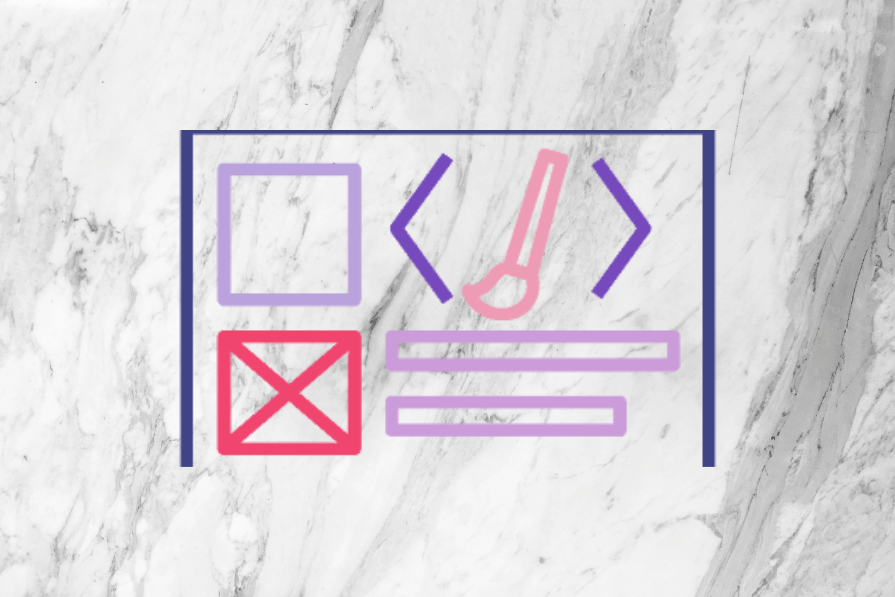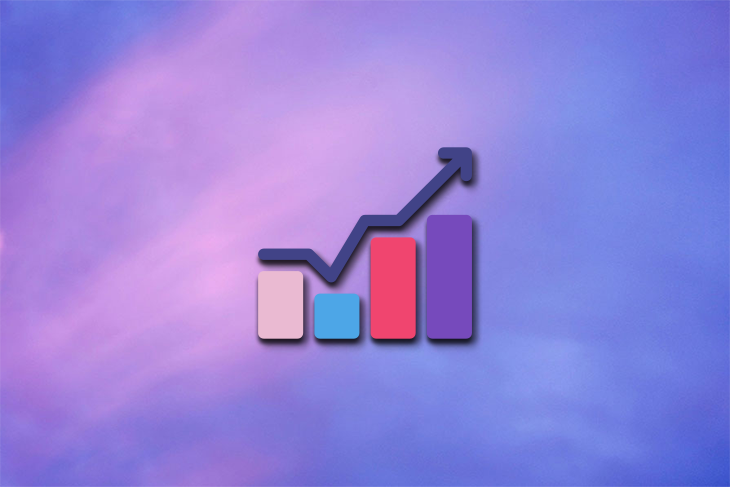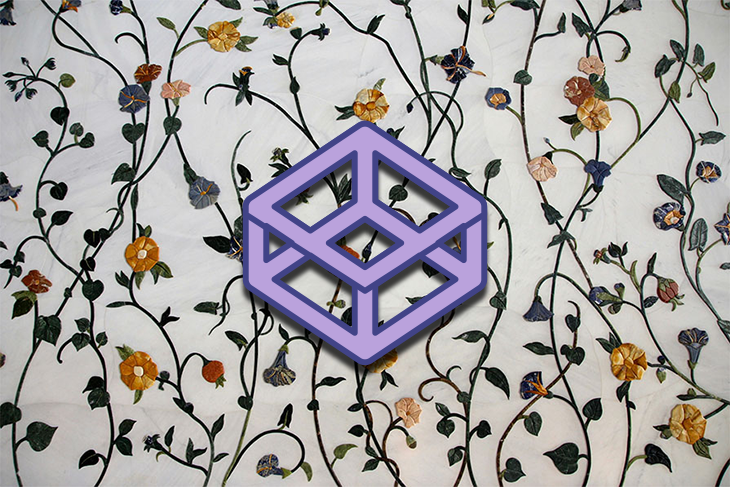This post on the role of a UX Engineer by Donnie D’Amato was published almost a year ago, but has cropped up in my feed today. UX engineering is something I identify strongly with, as I suspect do many of my friends on the front-of-the-front end. Like Donnie, I’m from a design background, but cared a lot about how things were built, as well as how they looked and the function they performed for the user. I gradually made the transition to a more technical role over time, by dappling in front end development in my spare time. I’ve since gained a fair bit of experience in “back-of-the-front end” development, but “front-of-the-front end” is where my heart lies, and so the title of “UI and UX Engineer” is one that I can identify with.
I’m super lucky to have found a role at a company that values me as someone who sits on the bridge between design and front end. While I spend a lot of my time coding, including some fairly complex state management, I also get to contribute heavily to the product development and design. But I don’t take that for granted, and it hasn’t always been the case. In the past I’m aware I’ve been under-valued and underpaid compared to my more “technical” colleagues, despite the wealth of experience I was able to contribute that wasn’t explicitly in the engineering realm (read “soft skills”).
Like Donnie, I don’t associate with being a Software Engineer. Most of those kinds of jobs are pretty unappealing to me because they seem only concerned with code, whereas I see my role as encompassing a broader spectrum. There are people who are great at software engineering, and those are important jobs. But I can’t help but feel the tech industry might be better off if companies prioritised hiring and supporting UX Engineers too.
Read the post: UX Engineer, a terminal career
























